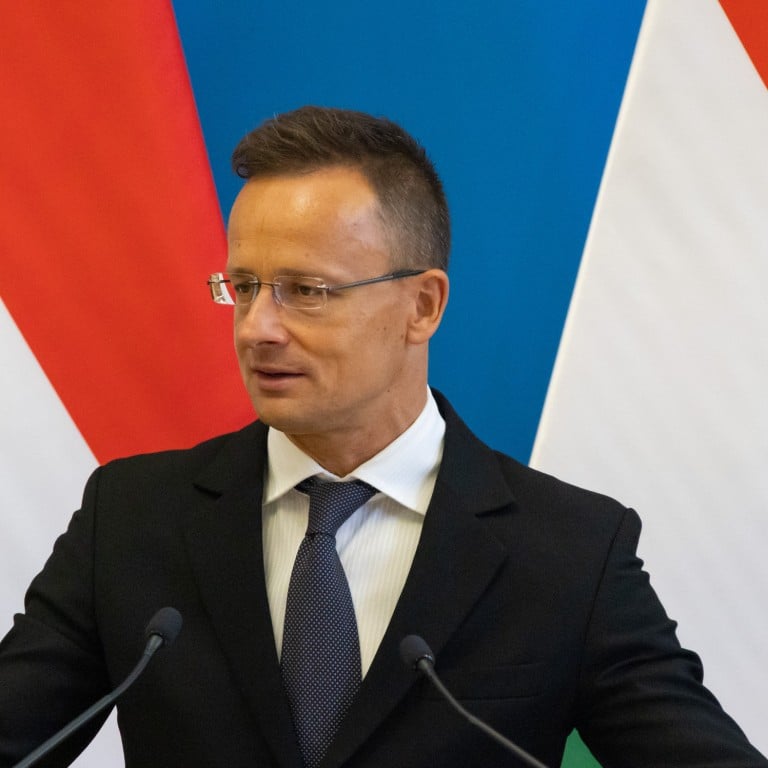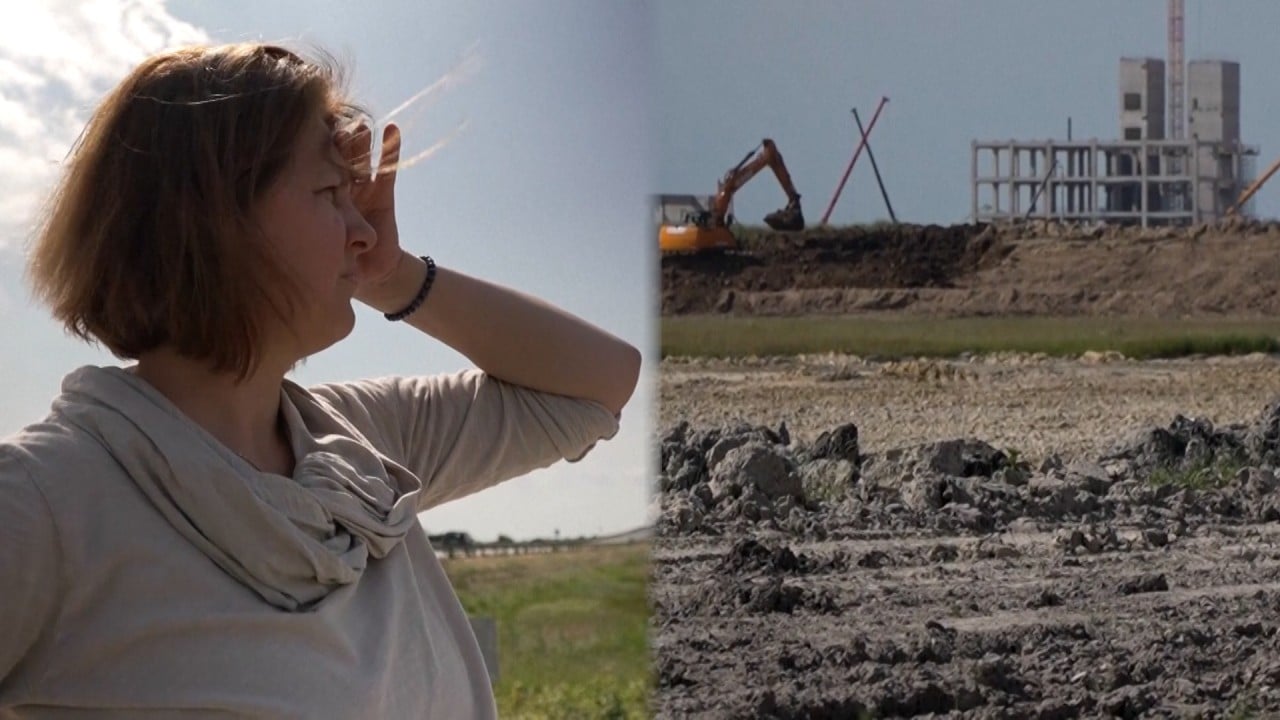
‘Suicide’ for economy: Hungarian foreign minister takes aim at EU’s China ‘de-risking’ strategy
- Budapest’s top diplomat, Peter Szijjarto, calls on Brussels to ‘come back to rationality’ and fix ties with Beijing
- Hungary is widely seen as the most ‘China-friendly’ member of the European Union
“Our interest is to cooperate with China, unlike others. Hungary looks at China as a country with which cooperation brings a lot of potential benefit.”
‘China-friendly’ Hungary hails Beijing’s peace efforts in Ukraine
“I do hope that we will be able to come back to rationality and we will be able to stand with both feet on the ground.”
He also opposed labelling China a systemic rival, citing differences in culture and political systems, and said Brussels should stop acting as “a teacher of the world”.
Szijjarto said both sides could expand cooperation in electric cars – a “reborn industry” in which China has become a global leader, and one that could give impetus to Europe’s auto sector, which has traditionally been a “backbone” of its economy.
Improving trade, investment and supply chains between the two sides was “a must from our perspective”, he added.
He acknowledged his country’s dependence on Russian energy and that Russia had been a reliable partner. He said Hungary was “absolutely interested in a pragmatic relationship with Russia” and supported China’s proposals to end the Ukraine war.
Budapest has used its veto right over the bloc’s foreign and security policy to block several joint statements criticising Beijing, while Brussels has subjected its China ties to closer scrutiny in the face of differences, from the war in Ukraine to concerns about Xinjiang, Hong Kong and Taiwan.
The central European nation is also a member of Nato, a military alliance that China views with growing hesitation.
It’s ‘complicated’: EU de-risking push casts shadow over Chinese premier’s trip
The concept of “de-risking” is shorthand for weaning the EU off Chinese supplies of critical minerals and restricting its investment in sensitive industries – including artificial intelligence, microchips and quantum computing – over fears of technology theft and strengthening Beijing’s military-industrial complex.
It has been the key concept in Brussels’ new approach towards Beijing as outlined by European Commission President Ursula von der Leyen in a speech on EU-China relations in March. The US has recently adopted the same language in an effort to cement a united front on China.
Last week, Brussels unveiled its first economic security plan, which is aimed at shielding the bloc from risks “inherent in certain economic dependencies” while fostering its own competitiveness by making its economy and supply chains more resilient.
Multiple European leaders stressed that they were not looking to decouple from China.
However, the claim does not sit well with Beijing.
“Some people in the West are hyping up the so-called reducing dependencies and de-risking,” Chinese Premier Li Qiang said at the Tianjin forum.
“To a certain extent, I believe that these two phrases are false propositions.”
That mirrored remarks he made during his visit to Germany and France last week. The trip was the latest sign that Beijing is placing a greater emphasis on improving its relations with the EU amid growing pressure from Washington.



